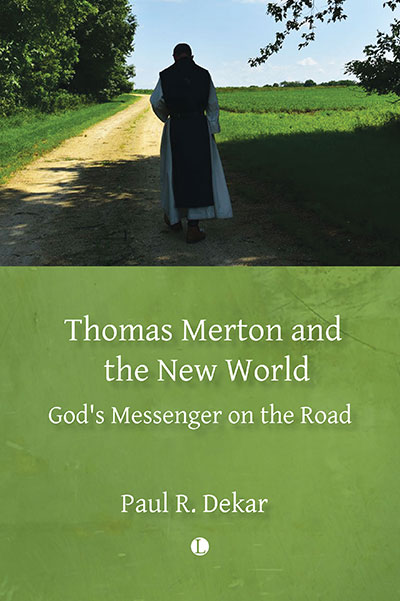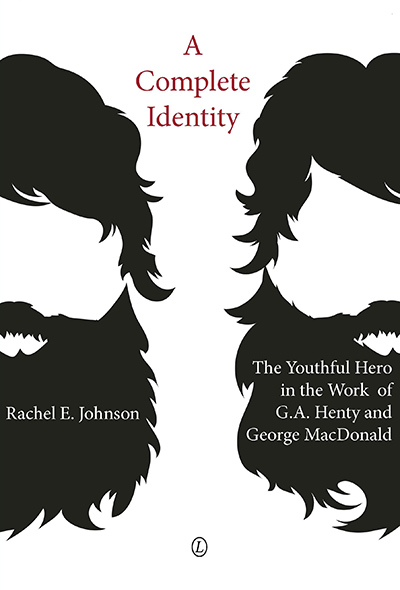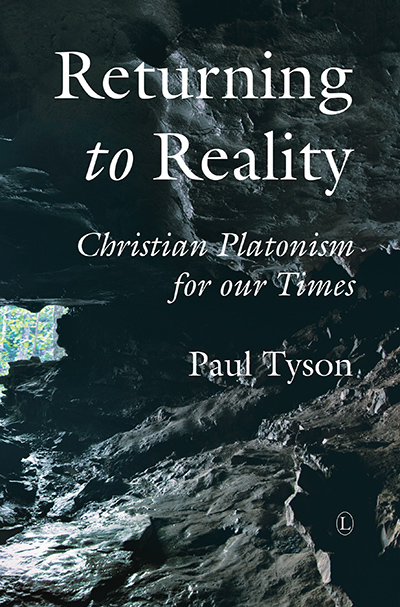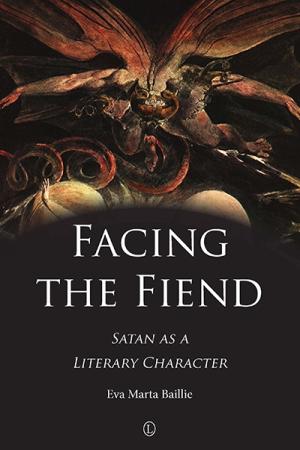Description
‘Merton still matters’, writes Paul R. Dekar about Cistercian monk Thomas Merton. Calling people to act justly, love kindness and walk humbly, Merton used his contemplative practice to see beyond what disrupts and divides us from one another to find the truth of our common humanity – unity in our creation in the image of God. In Thomas Merton and the New World, Dekar focuses primarily on two issues of concern to our current world. First, he studies Merton’s warnings of the abuse that stems from unmindful and irresponsible use of technology, and its ecological devastation. Second, he examines Merton’s thinking on racial injustice in the mid-1960s through his correspondence with his allies and contemporaries – James Baldwin, for example.
Using Micah 6:8 to arrange Merton’s focus on justice, lovingkindness, and humility, with input from Merton’s dialogue with Gandhi, Martin Luther King, Rachel Carson and others, Dekar demonstrates just how prophetic and transferable Merton’s teachings remain.
About the Author
Paul R. Dekar is Emeritus Professor of Evangelism and Mission at Memphis Theological Seminary. He volunteers with various organisations, including Dundas Community Services and the Canadian Yearly Meeting of the Religious Society of Friends. Other books of Dekar’s published by The Lutterworth Press are Thomas Merton: Twentieth-Century Wisdom for Twenty-First-Century Living (2012) and Community of the Transfiguration (2008).
Contents
Foreword by Christine M. Bochen
Acknowledgments
Introduction: Why Merton Matters
Section One: Doing Justice
Introduction
1. Technology and the Loss of Paradise
2. Thomas Merton on Racial Justice
Section Two: Loving Kindness
Introduction
3. Wilderness of Compassion
4. Ishi, Messenger of Hope
Section Three: Walking Humbly
Introduction
5. The Power of Silence
6. Silence as Attention and Antidote
7. Divinization in Merton
Section Four: Merton’s Embrace of “the Other”
Introduction
8. Thich Nhat Hanh, Martin Luther King Jr., and Thomas Merton on Retreat
9. Merton on Gandhi
10. Thomas Merton’s Embrace of “the Other” Reflected in Letters with Ernesto Cardenal
Section Five: Reviews
Phillip M. Thompson, Returning to Reality
Christoffer H. Grundmann, ed. Interreligious Dialogue
Charles L. Cohen, Paul F. Knitter, and Ulrich Rosenhagen, eds., The Future of Interreligious Dialogue Stan Chu Ilo, A Poor and Merciful Church
Hugh Turley and David Martin, The Martyrdom of Thomas Merton
Susan McCaslin and J. S Porter, Superabundantly Alive
Concluding Reflections
Afterword by Mark C. Meade
Bibliography
Endorsements and Reviews
From his monastic outpost in rural Kentucky, Thomas Merton saw the world around him with stunning clarity. Whether gazing at a nuclear-armed B-52 flying overhead night after night or pondering the racism that infects so many of us, he had insights that help clear the eyes and minds of those fortunate enough to pick up one of his books. For anyone wishing to know Merton better, Paul Dekar is a perceptive guide. Jim Forest, author of Living with Wisdom: A Biography of Thomas Merton
I always look forward to the next publication of Paul Dekar’s work. It always contains excellent scholarship while still being written with a great deal of heart. This new book by Dekar does not disappoint. Paul has found a new path on which to discuss why it is Merton continues to matter as we address the big issues of our day. William Apel, Emeritus professor, Linfield University
Paul Dekar offers us a timely and compelling book on the writings of Thomas Merton that illumines critical concerns for today on the environment, technology, racial justice, and interfaith relationships. He invites us to weave our inner and outer lives like Merton in practices of silence, solidarity, and nonviolence. As a lifelong peacemaker, Dekar inspires us to walk the road with the prophetic messenger Merton leading us toward a new world of radical love and justice. Nancy Hastings Sehested, pastor and writer, Asheville, North Carolina
Dekar celebrates the profound influence of Thomas Merton on today’s world with a fresh consideration of social change, prayerful contemplation, and personal witness. By touching on his own biographical connections to Merton, Paul invites us to examine anew the seminal moments that awakened Merton’s prophetic genius, the persons of influence he encountered, and the possibility of being open to changing patterns that limit or obfuscate our awareness of the road to a new world. Prophetically, Paul invites us to defeat sardonic attitudes that cripple the world by touching the wounds of those with whom we live. Allan McMillan, retired pastor and author of several articles on Thomas Merton
Before Micah’s prophetic reminder to act justly, love mercy, walk humbly, he advised: ‘Remember your journey’ (6:5). Paul Dekar remembers his journey here via his many essays on the impact of Thomas Merton’s journey on his own. In doing so, he reminds us of the intertwining life we all share but so often forget to share on this curvy road toward a more just, merciful, and humble future. Yes, let’s remember the journey is shared. Gray Matthews, professor, University of Memphis
Dekar’s reflections, inspired by a life lived like Merton, as a messenger on the road, show what contemplation in action might look like. In placing an academic and personal engagement with Merton’s words alongside Christian activism, Dekar weaves together that mandate of Micah with 21st century advocacy for justice.Elizabeth Rainsford-McMahon in Advent: The Merton Journal, Volume 31, number 2, 2024.






